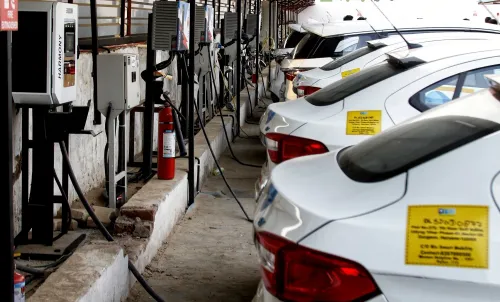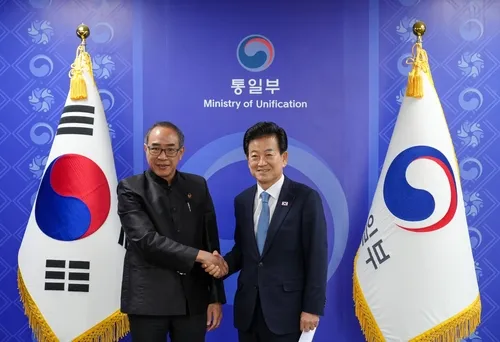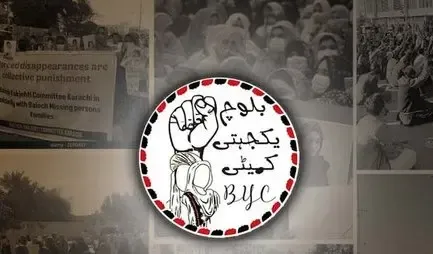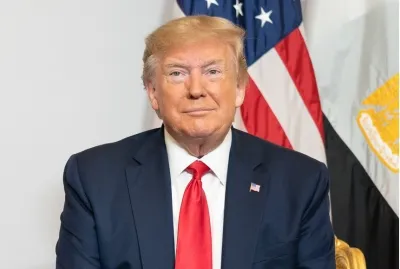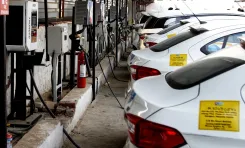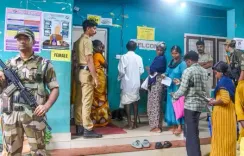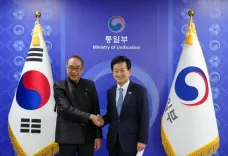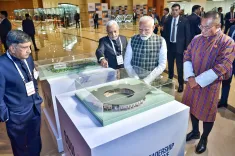How is the EU Supporting Political Transition in Bangladesh?
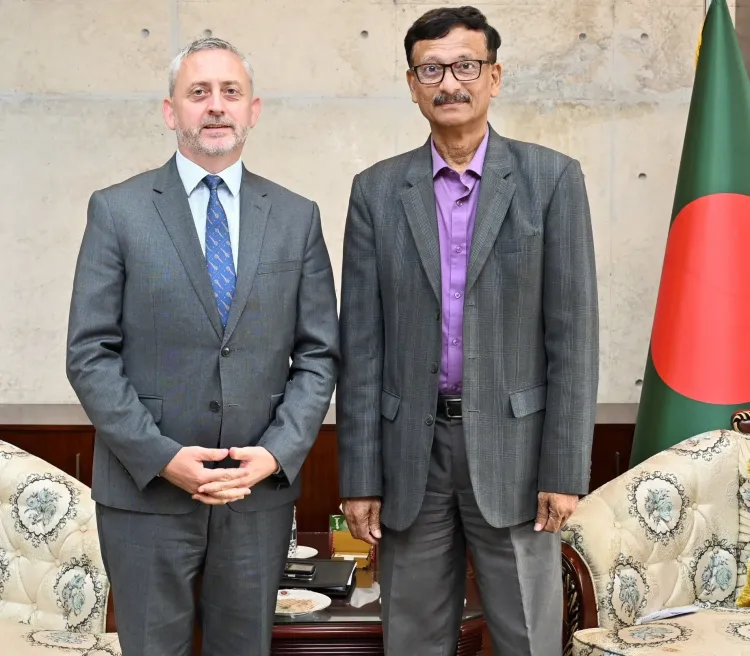
Synopsis
Key Takeaways
- Michael Miller emphasizes the EU's non-interference in election timelines.
- The EU is ready to assist Bangladesh in implementing necessary reforms.
- Political tensions are escalating, with increasing calls for democratic restoration.
- Mohammad Yunus has committed to holding elections within a set timeframe.
- The EU aims for elections that meet international standards of fairness.
Dhaka, May 30 (NationPress) Michael Miller, the European Union's Ambassador to Bangladesh, has expressed that the EU is keen on ensuring a successful democratic political transition in the South Asian nation, while clarifying that it is not within their purview to advocate for an "early or late" general election, as reported by local media on Friday.
While speaking to reporters in Rajshahi, Miller emphasized that the EU could leverage its expertise to implement reforms in Bangladesh under the interim government led by Mohammad Yunus, underscoring the necessity of upholding fundamental rights, the rule of law, and adhering to due process.
“We believe that determining the election date is solely a Bangladeshi matter. The European Union does not have a position to push for an early or late election. That is not our concern. Our goal is for your political transition to be successful. We can offer our expertise to assist in implementing your reform agenda,” UNB quoted the EU Ambassador as stating.
Earlier this month, Miller indicated that essential reforms must be accomplished in the country before the national elections can occur. He articulated these views during a meeting with the Diplomatic Correspondents' Association of Bangladesh (DCAB) at the National Press Club in Dhaka.
“We hope for collaboration between political parties and the interim government towards achieving the necessary reforms,” Miller mentioned. He also indicated that the EU desires the elections to occur in a free, fair, and credible manner, aligning with international standards.
In response to a query, Miller stated that the EU is eager to provide electoral assistance once the Bangladesh government announces the election timeline.
Meanwhile, during his ongoing visit to Japan, Chief Advisor Yunus reaffirmed that the forthcoming national election is slated to take place between December and June next year.
“Yunus informed former Japanese Prime Minister Taro Aso that the elections will occur within a six-month window, between December and June,” noted Chief Advisor’s Press Secretary, Shafiqul Alam.
On the other hand, calls for the restoration of democracy in Bangladesh have intensified amid a deepening political crisis.
This week, the Bangladesh Nationalist Party (BNP) cautioned that the ongoing turmoil under the interim government led by Yunus is poised to escalate without a clear election plan.
Additionally, BNP Standing Committee Member Mirza Abbas harshly criticized the interim government, labeling it as "rotten from head to toe".
"This government is decaying from the top; it's rotten all the way to the bottom. They speak of reforms before elections. However, if they couldn't achieve this in nine months, they won't in nine years or even 90. They should apologize to the nation and step aside," he stated at a rally in front of the BNP’s central office at Naya Paltan.
Abbas characterized the interim government as a "colonial regime".
"This is a colonial government. Most members, likely 90 percent, aren’t even citizens of this country. It was the citizens and students who protested, yet these outsiders now sit in power over us," the BNP leader added.
The absence of a clear roadmap for reforms and elections has ignited significant political unrest in Bangladesh, as Yunus engaged in a series of discussions last week with leaders of various political parties criticizing his controversial policies and the performance of his questionable advisors.
As pressure mounted on Yunus, he previously expressed a desire to resign out of frustration—a development that stirred a considerable buzz in political circles nationwide.
The Bangladesh Army Chief General Waker-Uz-Zaman has asserted that the next national election should be conducted by December, with an elected government in place by January 1, 2026, following "free and fair" elections.

